An article I read in the New York Times says that many Americans aren’t even noticing that the new, bivalent COVID-19 vaccines are now available. The public has lost interest in all things coronavirus, and the government is running out of funding for effective reminders or elaborate, coordinated delivery campaigns.
It falls to us, concerned citizens, to spread the word about how we can protect ourselves and others. In the interest of fighting misinformation, I will also share reputable resources for those wishing to do their own research.
The new boosters, authorized by the F.D.A. last month, are “bivalent” because they protect against:
- the Omicron subvariant still circulating in addition to
- the original version of the COVID-19 virus.
The Latin root bi– means two.
 Put simply, a single shot now offers two kinds viral defense: more of the same protection from the original booster, plus, for the first time, the specific power to fight Omicron. That named strain of the virus, also known as lineage B.1.1.529, caused the enormous spike in coronavirus cases early in 2022. It’s estimated that the “mild” Omicron strain was responsible for killing 117,560 people in America. Source: MedRxiv.
Put simply, a single shot now offers two kinds viral defense: more of the same protection from the original booster, plus, for the first time, the specific power to fight Omicron. That named strain of the virus, also known as lineage B.1.1.529, caused the enormous spike in coronavirus cases early in 2022. It’s estimated that the “mild” Omicron strain was responsible for killing 117,560 people in America. Source: MedRxiv.
More than one million Americans have died from COVID-19 since the pandemic began. This virus has been far deadlier than any recent influenza outbreak. The worst annual flu statistics in the past decade saw 52,000 people die in the US, for comparison, while an average year sees ≈34,000 flu deaths. Source: CDC.
Allow me to do the math for those who struggle with the subject: with COVID-19 having a major impact over the past three years, one million lost lives (1,000,000) averages out to roughly 333,000 American deaths in a single pandemic year. (1,000,000 ÷ 3 = 333,333 ¹⁄3) This means COVID kills 10× as many as an average annual flu does in the U.S.A.
- 34,000 × 3 = 102,000 this is how many flu would probably have killed over three years
- 102,000 × 10 = 1,020,000 this is how many flu would probably have killed if it were 10 times worse
- 1,020,000 is close enough to one million to be considered the same for this kind of analysis
Flu vs. COVID death rate comparisons are usually the work of the innumerate… or liars.
“It’s vaccination, not vaccines, that saves lives.”
Personally, I’m with Zeynep Tufekci, whose opinion piece in the Times marveled at the awesomeness of vaccination’s potential… while exploring the inadequacy of current messaging to motivate our citizens.
Tukekci writes: “[I]t’s vaccination, not vaccines, that saves lives.”
And she’s right about that.
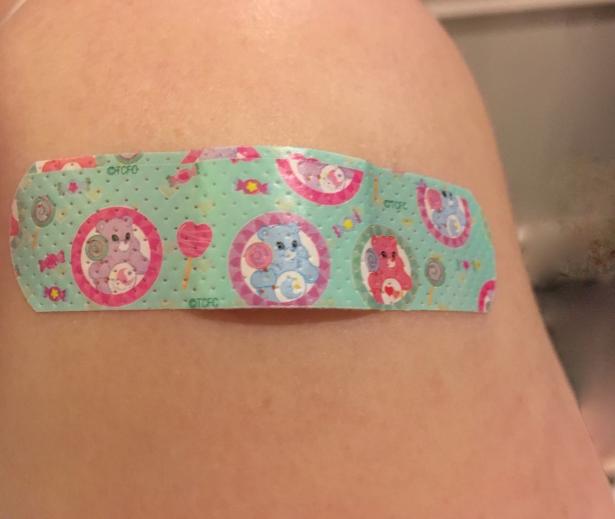 The most impressive technology can solve no problem if it isn’t deployed where it is needed and at the right time. Safe, modern, effective vaccine boosters against COVID are being provided at no cost by the U.S. government. Those shots are available today.
The most impressive technology can solve no problem if it isn’t deployed where it is needed and at the right time. Safe, modern, effective vaccine boosters against COVID are being provided at no cost by the U.S. government. Those shots are available today.
As of now, everyone over age 12 in America is entitled to a free bivalent booster shot as long as at least two months have passed since the most recent dose.
Boosters reduce your chance of catching Omicron, and they substantially reduce an infected person’s risk of being hospitalized with—or dying of—COVID-19. Sources: New England Journal of Medicine, CDC, United Kingdom Health Security Agency.
Boosters will also help you avoid long COVID. Source: JAMA.
Aside from spreading personal misery, long COVID is also costing our economy hundreds of billions of dollars, with just lost wages from the disease estimated between $170-230 billion annually. Note that this figure approaches 1% of the total U.S. gross domestic product. Sources: World Economic Forum, Brookings Institution, Federal Reserve Bank of MN.
Getting vaccinated and boosted is a patriotic choice as doing so protects our faltering economy.
I was delighted to take my teen in for a bivalent booster dose this week. His previous shot was last winter, he attends classes in person while being the only kid in most rooms electing to mask, and our household includes a high risk loved one. A few hours with a sore arm and one long nap later, my child has no lingering side effects, but he can more safely spend time with his grandparent.
There’s no way to put a price on the value of those hours. COVID vaccines are a miracle, a blessing, and quite literally wonderful.
The rest of my family will be getting bivalent boosters soon, having had age- and risk-related doses more recently than a healthy teen.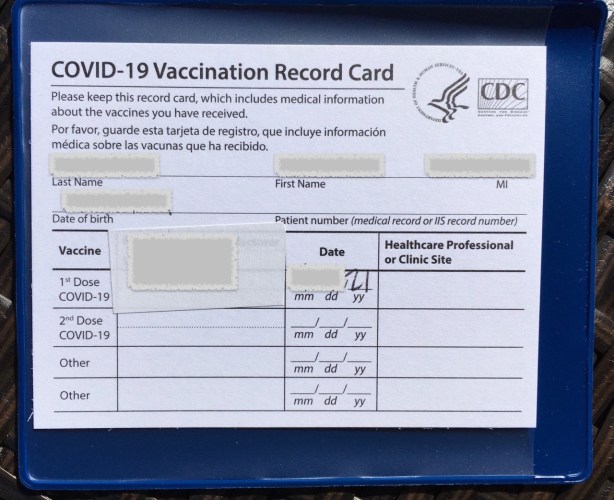
Opting in for your bivalent booster dose is choosing life over death, wellness over infirmity, civic engagement over cynicism, and family values over selfishness. Vaccination protects our society by safeguarding both individual health and overall economic function; sick people are less productive.
I’m fully vaccinated—and boosted—because I love America, and because my religion teaches that life is a sacred gift.
What’s your reason?
♦

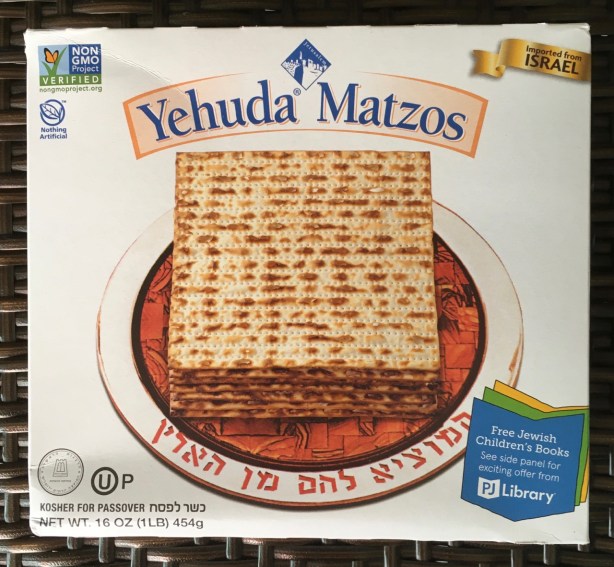
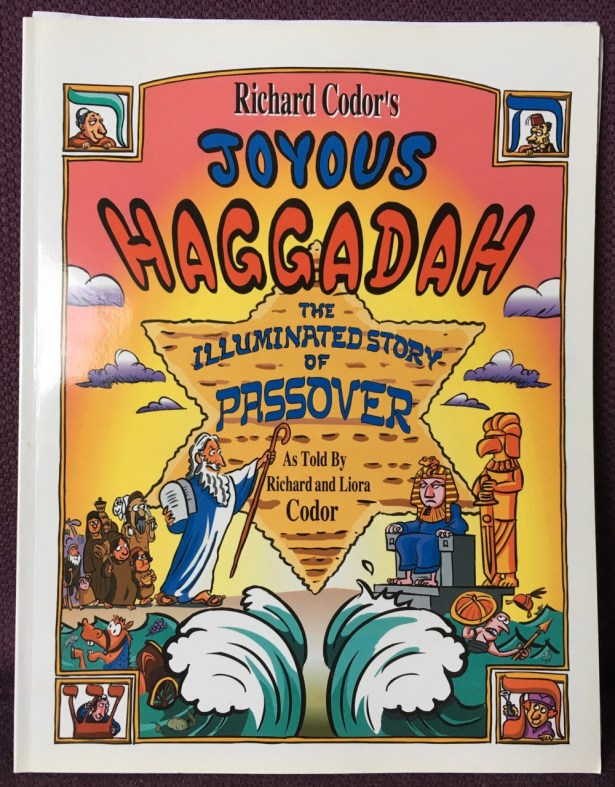

 Understanding the mighty/strong hand tends to be trivial. God is mighty; God is great. Translation doesn’t dilute this understanding much, in my experience.
Understanding the mighty/strong hand tends to be trivial. God is mighty; God is great. Translation doesn’t dilute this understanding much, in my experience.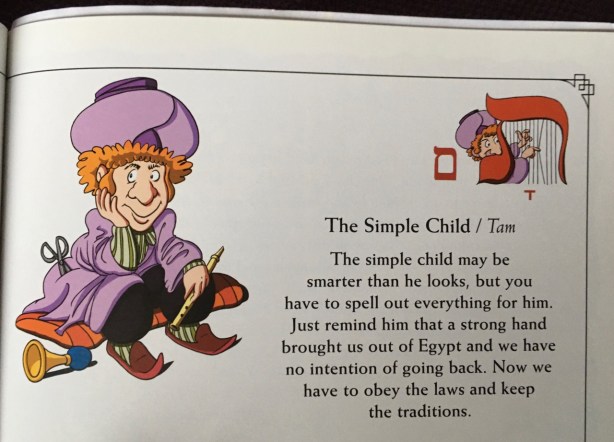
 Many of us are heeding public health advice and avoiding travel. Some of us are still grieving lost loved ones whose presence defined
Many of us are heeding public health advice and avoiding travel. Some of us are still grieving lost loved ones whose presence defined So perhaps I’m not playing so well with others, today. I’m hardly a Sugar Plum Fairy. I’ll be a builder, though, of my own Great Wall of Gratitude.
So perhaps I’m not playing so well with others, today. I’m hardly a Sugar Plum Fairy. I’ll be a builder, though, of my own Great Wall of Gratitude.

 I send cards sometimes; other years, I don’t get around to it.
I send cards sometimes; other years, I don’t get around to it.











